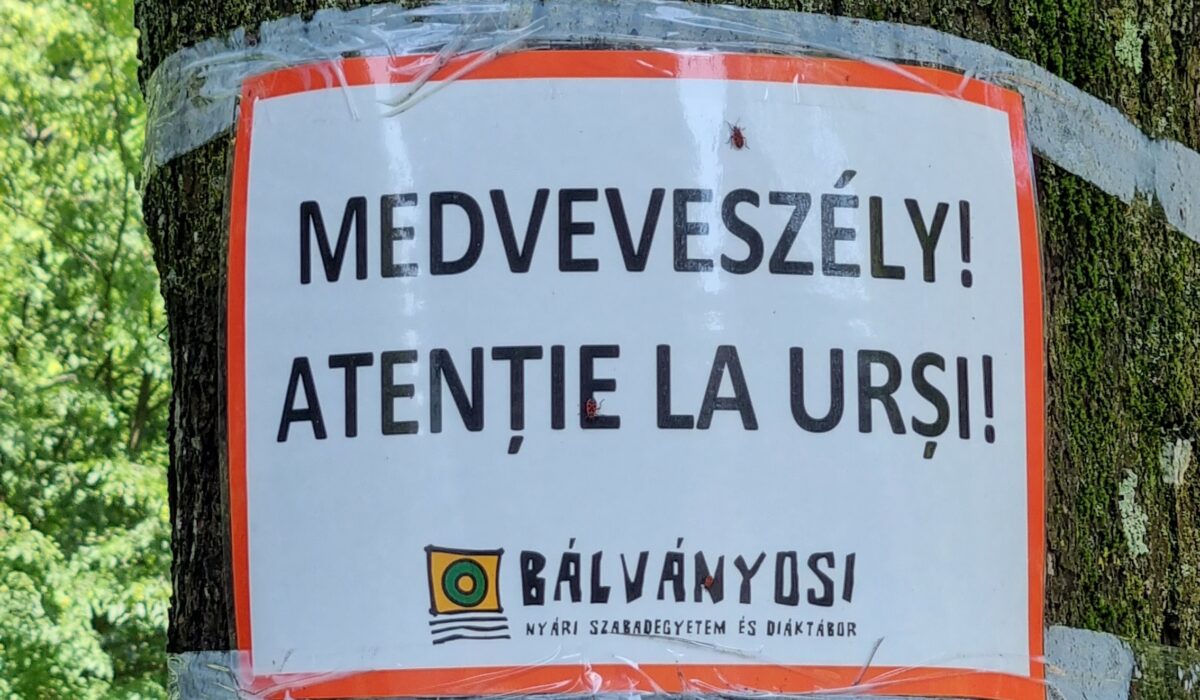Our colleague Dr George Iordachescu will give a talk at the University of Bern later this week, as part of the Institute of Social Anthropology colloquium series. The talk will take place on Tuesday November 8th, between 16:15 – 17:45 CET followed by a discussion chaired by Ariane Zangger.
Brown bears (Ursus arctos) are strictly protected within the European Union, although they are no longer considered endangered in countries spanning the Carpathian Mountains. At the same time, bears’ recent strong comeback poses significant challenges to understanding regional wildlife conservation policies, including new ways of fostering coexistence and dealing with human-wildlife conflict. By looking at two study cases from Romania, the talk argues that the theoretical toolkit offered by the convivial turn in conservation is an effective way to understand human-bear coexistence in the complex spatial contexts of the Carpathian region as it can bring to the fore existing and long-established practices of sharing the landscape.

European brown bears are considered charismatic subjects in need of protection when encountered ‘in the wild,’ and a nuisance when they get habituated or ‘lose their shyness’, switching from commodified attractions to manageable game species or objects of culling interventions performed by authorities. But bears transgress these categories all the time; therefore, they are important actors to think with about the current challenges faced by the rural world, such as land abandonment, demands for ecosystem restoration and rewilding, population decline and the rapid demise of traditional livelihoods.

George’s talk will spotlight a range of institutionally regulated commoning practices associated with transhumance, religious celebrations, farming and dwelling which have evolved organically and constituted the backbone of sharing the landscape in the Romanian Carpathian Mountains. Albeit under intense pressure, they are still integrated into broader socio-ecological systems that transgress nature-culture dichotomies and are closer to what has recently been described as principles of conviviality. These principles will be critically scrutinized against more conventional approaches to brown bear conservation in the region, from active management and development of various forms of wildlife tourism to trophy hunting and attempts to address wildlife crime and bear trafficking.
If you want to learn more about how bears’ lives can be centred in conservation, please listen to George’s recent presentation delivered at the POLLEN Workshop ‘Conservation and Agrarian Change’ as part of the Other-than-human political ecologies session.
